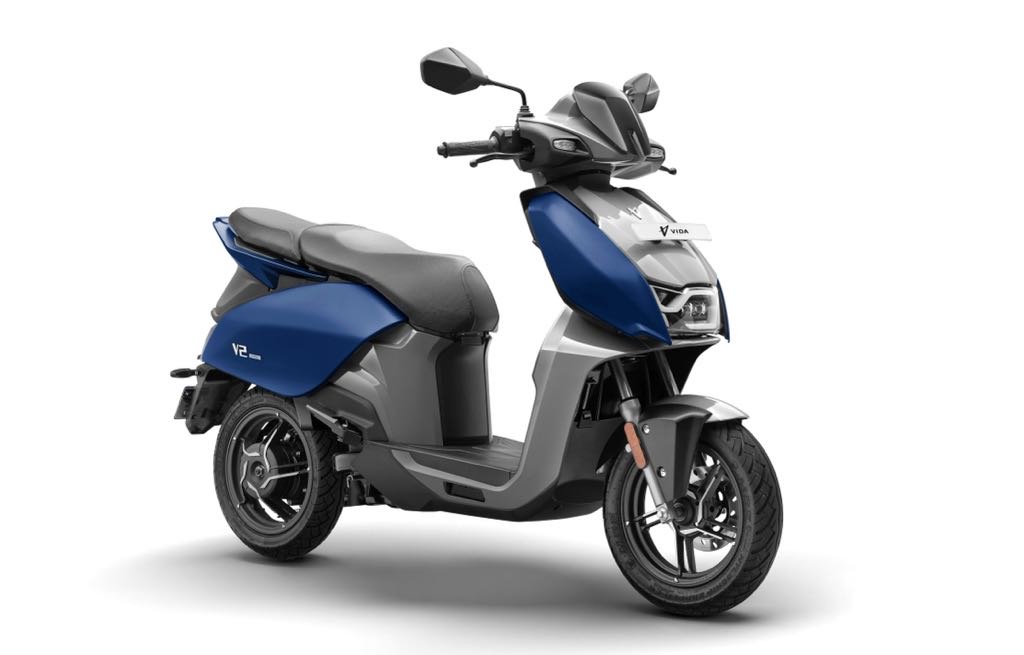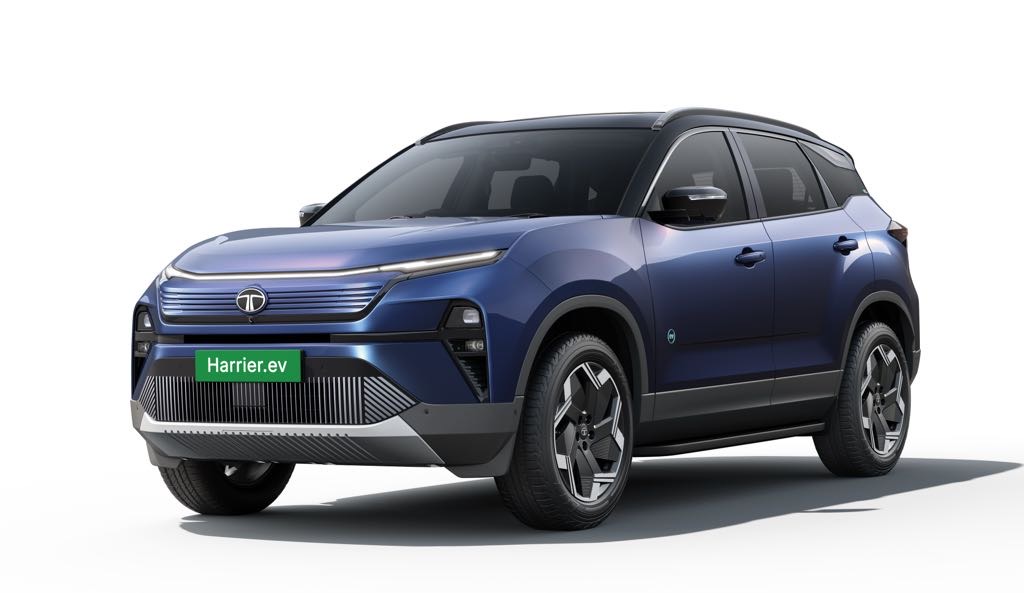
India’s EV industry faces disruption as rare earth magnet supplies tighten
India’s electric vehicle sector is facing growing uncertainty due to a disruption in the supply of rare earth magnets, a critical component used in electric motors. Automakers and component manufacturers are actively exploring short-term alternatives and long-term solutions but industry leaders emphasise that government intervention is now vital to prevent a slowdown in the country’s EV momentum.
Rare earth elements such as dysprosium, terbium and samarium are essential for producing permanent magnet synchronous motors (PMSMs), widely used in electric and hybrid vehicles, electric power steering systems and other components. However, China, which supplies around 80% of India’s rare earth magnets, has paused new export approvals since early April, reportedly due to ongoing geopolitical tensions. While the United States recently reached a breakthrough agreement with China ensuring steady supplies, Indian manufacturers remain in a state of uncertainty.
The scarcity is already beginning to impact production schedules. According to industry insiders, EV manufacturers like Bajaj Auto may be temporarily suspending production, while others such as Ather Energy and TVS Motor Company are reportedly preparing for disruptions in the coming weeks due to limited inventories. Hero MotoCorp appears unaffected for now, but concerns persist across the sector.
To cope with the disruption, original equipment manufacturers and suppliers are evaluating multiple workarounds. These include importing pre-assembled motors from China, sending rotors abroad for magnet installation or switching to alternative magnet technologies that do not rely on rare earth elements. However, these strategies come with engineering, regulatory and logistical challenges. In some cases, transitioning to magnet-free motors would require extensive redesigns and prolonged testing cycles.
Interestingly, the issue may be less alarming for the internal combustion engine vehicle segment. ICE vehicle dealers currently hold higher-than-normal inventory levels, which could act as a buffer against any short-term production hiccups.
Major EV manufacturers like Tata Motors, MG and Mahindra & Mahindra have not yet reported disruptions but experts warn that continued uncertainty could soon impact their operations as well. Meanwhile, Maruti Suzuki, which is preparing to launch its first electric vehicle, has expressed concern about the evolving situation.
While replacing heavy rare earth magnets with lighter alternatives could be technically feasible, it would necessitate using more material and potentially redesigning electric motors to accommodate the extra space requirements — a process that could take months.
In light of the situation, the Indian automotive sector is urging the government to take swift action. The Ministry of Heavy Industries is reportedly considering a new production-linked incentive scheme to support domestic manufacturing of rare earth magnets. Parallel efforts are also underway to boost mining and allow private sector participation in the exploration of critical minerals. However, these initiatives are in early stages and will take time to materialise.
Until then, India’s EV ecosystem remains vulnerable. Without a near-term resolution or a reliable domestic supply chain, the country’s ambitious goals for green mobility could face temporary but significant setbacks.

The post Rare Earth Magnet Supply Crunch Puts Pressure On India’s EV Ambitions appeared first on MotorBeam.

